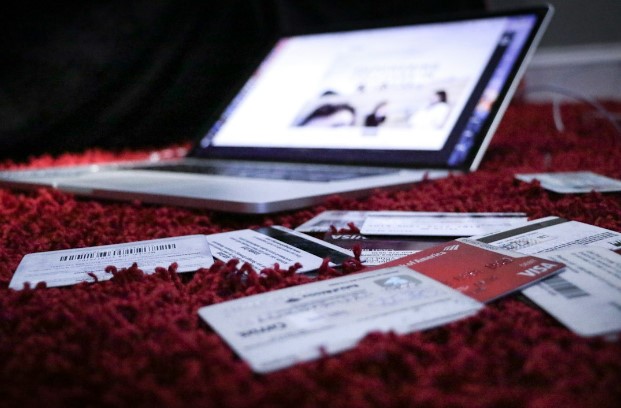Debt can be a major financial burden that affects your overall well-being. It can cause stress, lead to sleepless nights, and prevent you from achieving your financial goals. Whether it’s credit card debt, student loans, or other types of debt, it’s important to have a plan in place to pay it off as quickly as possible. In this guide, we will discuss proven methods for paying off debt quickly. These strategies have helped countless individuals and families regain control of their finances and become debt-free. By implementing these methods, you can create a clear roadmap towards achieving financial freedom.

Understanding Your Debt
The first step towards paying off debt quickly is to have a thorough understanding of your debt. This means knowing the total amount owed, interest rates, and minimum monthly payments for each of your debts. It’s also important to understand the impact of compound interest on your debt and how it can significantly increase the amount you owe over time. Moreover, if you have multiple debts, consider using a payday loan relief program to help consolidate and manage your payments. This can make the process of paying off debt more manageable and save you money in the long run.
Creating a Budget
A budget allows you to allocate your income toward paying off debt and other expenses in a strategic manner. Start by prioritizing your payments – make sure to pay at least the minimum amount due on all of your debts to avoid late fees and penalties. Then, look for areas where you can reduce expenses. This could mean cutting back on unnecessary subscriptions, dining out less, or finding more affordable alternatives for your regular expenses.
Snowball vs. Avalanche Method
When it comes to paying off debt, two popular methods are the Snowball and Avalanche methods. With the Snowball method, you focus on paying off your smallest debts first while making minimum payments on larger debts. Once a smaller debt is paid off, you move on to the next smallest debt and continue this process until all of your debts are paid in full. On the other hand, the Avalanche method involves tackling debts with the highest interest rates first while making minimum payments on lower interest rate debts. This method can result in paying less in interest overall and may be more effective for those with a lot of high-interest debt. The most effective method will depend on your financial situation and goals. Consider speaking with a financial advisor to determine which method is best for you.

Negotiating with Creditors
Negotiating with your creditors involves reaching out to your lenders and asking for a lower interest rate or monthly payment. To increase your chances of success, make sure to have a solid understanding of your financial situation and be prepared to provide evidence that you are struggling to make payments. You can also mention any positive changes in your financial situation, such as a new job or increased income. It’s important to remain polite and professional during the negotiation process and be persistent in following up with your creditors. Remember, they want to get paid back and may be willing to work with you if it means avoiding default on your debt.
Side Hustles and Other Income Streams
Aside from cutting expenses, increasing your income can greatly aid in paying off debt quickly. Consider taking on a side hustle or finding other ways to generate additional income. This could mean freelancing, selling items you no longer need, or picking up part-time work. By allocating this extra income towards your debt repayment plan, you can make significant progress in paying off your debt faster. Furthermore, having multiple income streams can provide a sense of security and stability in case of financial emergencies. It’s important to be mindful not to overwork yourself and to find a balance between paying off debt and taking care of your overall well-being.
Staying Motivated
Paying off debt can be a challenging and sometimes lengthy process. It’s important to stay motivated and disciplined throughout the journey to avoid falling back into old spending habits. One strategy for staying motivated is to set smaller, achievable goals along the way. Celebrate each milestone or debt paid off as a reminder of your progress. In addition, find ways to reward yourself without spending money, such as treating yourself to a day off or indulging in a hobby. It’s also important to have a support system in place – whether it’s friends, family, or an online community – to provide encouragement and accountability. Lastly, don’t be too hard on yourself if you experience setbacks. Recognize them as learning opportunities and use them as motivation to continue working towards your goal of being debt-free.
Paying off debt quickly requires discipline, determination, and a solid plan. With the right mindset and strategies in place, you can successfully pay off your debt and achieve your financial goals. So take the first step today and start your journey towards a debt-free future!






